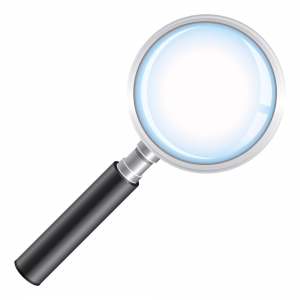Vaclav Havel

I was asked, a few months ago, to say what name went with ‘Havel’ in a ‘guess that playwright’ game, and automatically said Vaclav. It took me a while to figure out why I’d said this – was it some vague hangover from GCSE history, or a lingering half-memory of ‘The Cold War Endgame’, that fatal LSE exam where I got a mental block on how to spell ‘Gorbachev’ half way through the final paper…? Whatever – we had no time to find out, since the context in which Mr Havel was named was a theatre history lecture on the absurdist movement of the 20th century, and no one seemed particularly interested in why the name was setting off alarm bells. And so for a while I ignored it, until, wandering into the library, I found a copy of the works of Vaclav Havel 1969-83 and started reading. And it all came flooding back…
Czechoslovakia (as was during the Cold War) was not a country, I vaguely recalled, that had taken particularly kindly to communism. Sure, there was the whole post-Nazi reaction that swept most of Europe where, for a good 6 months, extreme leftist politics seemed a suitable response to extreme rightist politics and so long as the socialists/communists were willing to let themselves be voted out of government on a regular basis then that was all fair and above board. But then oh whoops, the Warsaw Pact, the Iron Curtain, the Berlin Wall, the 1956 Hungarian Uprising, secret police, one-party states and the Cold War as we all know and love…
In 1968 the Czechs had their own uprising that was, in the tradition of the time, brutally suppressed, but a theme remained in Czechoslovakia of protest via art. The central theatre in Prague was more often than not, a place of dissent, where pissed off people gathered together. Charter 77 began there, as did numerous movements with such catchy names as ‘ The Committee for the Defense of the Unjustly Persecuted’. The actors and writers were ridiculously active – or as ridiculously active as safety permitted – in protesting loudly and fearlessly against the state. One story tells the tale that in 1989 as communism seemed to crumble overnight, an orchestra set up in Prague and played the Moldau, a song more Czech than alcoholic cough medicine on a snow-shaken night, over and over and over again in celebration of a national identity that had been systematically crushed in the name of universal brotherhood. And when the world stopped turning and the state looked up between the slits of its fingers, a playwright, dissident, sometime-prisoner-of-the-state by the name of Vaclav Havel was probably a little surprised to find himself the first prime minister of a post-communist state.
But this isn’t really about the politics of Czechoslovakia/the Czech Republic. The point is; I sat down and read some of the works of Vaclav Havel on the tube, and it was utterly fascinating. The writing (of what I’ve read so far) ranges from the ridiculous to the surreal, the wonderful to the bizarre, but is never anything other than utterly absorbing. With a history-loving hat on, it’s also absolutely fascinating – sort of George Orwell meets P.G.Wodehouse. You can see why he got into trouble with the authorities of the time; the sheer ridiculousness of the communist system, which specialised in disguising fear as ideology, is shown in all its absurd glory. A charge which can sometimes be leveled against the more didactic kinda playwriting is that, with writers like, say, Brecht, the story takes second place to the politics. Havel’s writing is clearly political and opinionated, but has so much more going on as well. I have no idea how you’d make it work on stage; with difficulty, I suspect; but if you could get it work, it could be well worth the ticket.





